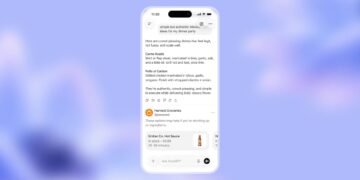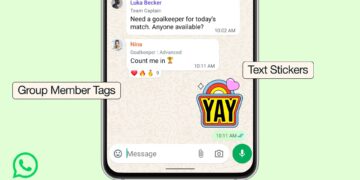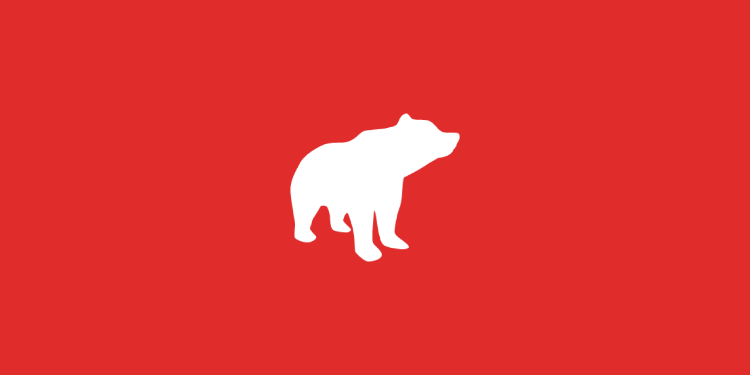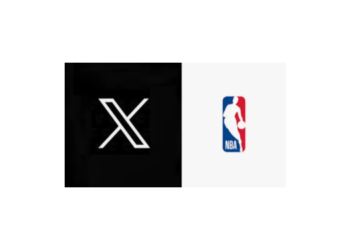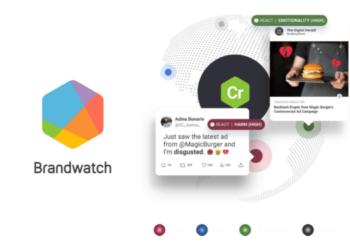Uber has made a strategic decision to discontinue Drizly, the alcohol delivery service it acquired three years ago for $1.1 billion. This closure, first reported by Axios, marks the end of Drizly’s independent operation within Uber’s portfolio.
Drizly’s business model, which differed from Uber’s typical operations, involved providing backend technology to local liquor stores for their delivery services, rather than hiring or contracting delivery workers directly. This operational distinction made Drizly an unusual fit within Uber’s broader business structure.
A significant factor in the decision to shut down Drizly appears to be cybersecurity concerns. In 2020, Drizly confirmed a data breach that compromised information on approximately 2.5 million customers. A critical revelation in this context was that Drizly had been aware of the security flaw for two years prior to the hack but had not addressed it. This information came to light following an investigation by the Federal Trade Commission (FTC) after Uber’s acquisition. The FTC’s findings led to an order restricting Drizly’s data collection and retention practices.
Uber‘s closure of Drizly signifies a refocusing of its efforts on the core strategy of Uber Eats, which aims to offer a comprehensive range of services — from food and grocery delivery to alcohol — all within a single app. The company expressed gratitude to the Drizly team for their role in pioneering and expanding the beverage alcohol (BevAlc) delivery category.
Uber’s decision to close Drizly reflects a strategic shift towards consolidating services and focusing on core strengths. This move highlights the challenges in integrating diverse business models and the importance of robust cybersecurity measures in today’s digital landscape.
For the online delivery and tech industry, this development underscores the dynamic nature of acquisitions and the need for ongoing evaluation and adjustment of business strategies.


